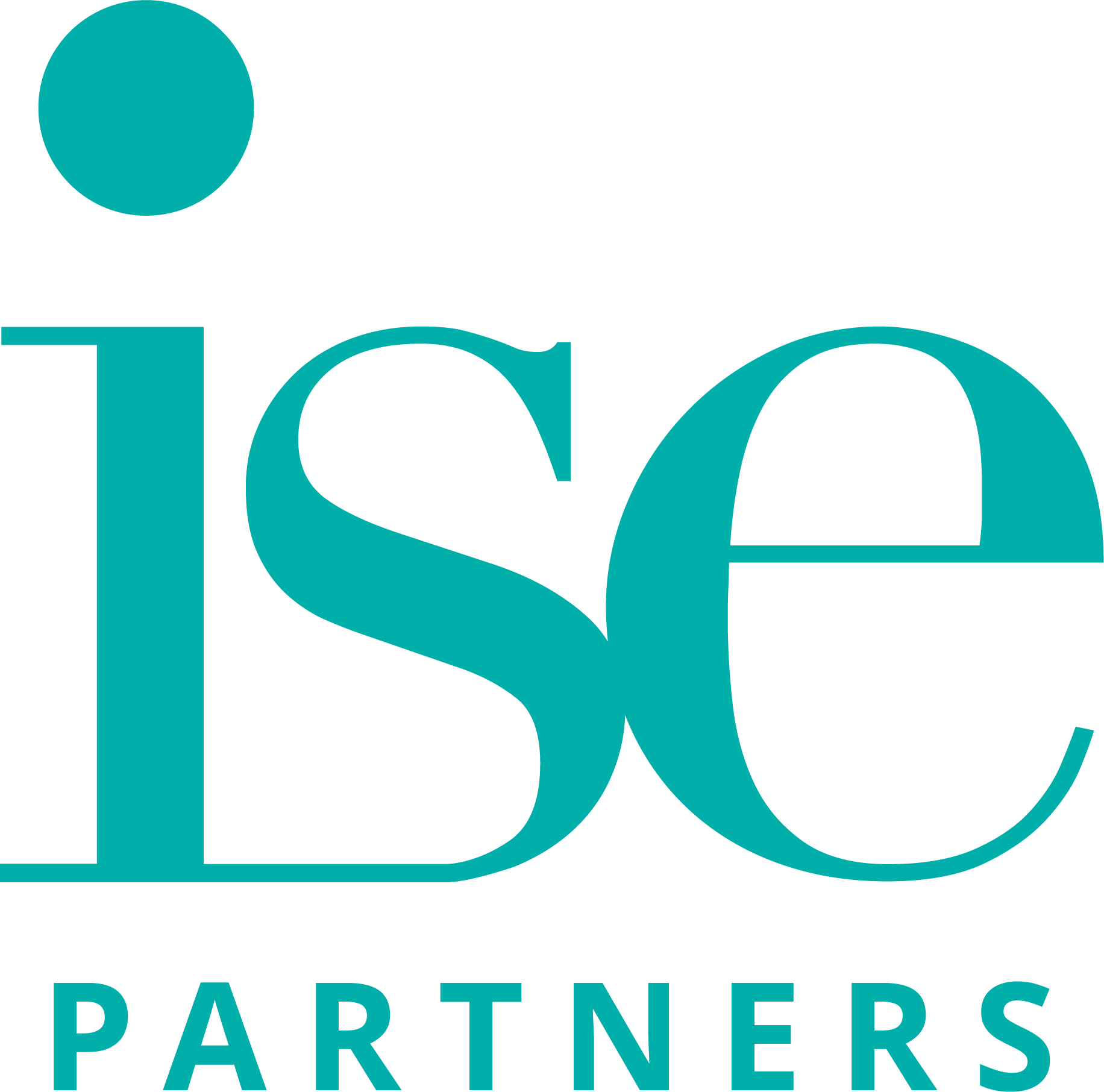ISE Partners has been a trusted recruitment agency for Executive Assistants (EAs) and Personal Assistants (PAs) to the London’s most discerning companies since 2007. One of the most common questions we receive is: "What is the difference between an Executive Assistant and a Personal Assistant?" While both roles share similarities, they also have key differences that can impact hiring decisions and career paths. This blog will explore these distinctions, helping you determine whether a PA or EA role is the right fit for you.

What is a PA?
A Personal Assistant (PA) is responsible for handling a variety of administrative and personal tasks, often supporting multiple team members. Common responsibilities include:
- Diary and schedule management
- Organising travel and accommodation
- Running personal errands
- Managing expenses
- Acting as a first point of contact via phone and email
- Coordinating events and meetings
PAs play a crucial role in ensuring that daily operations run smoothly, making them indispensable in any organisation.
What is an EA?
An Executive Assistant (EA) takes on a more strategic role, providing high-level support to executives and senior leaders. The primary focus of an EA is to optimise an executive’s time, allowing them to focus on key business priorities. Typical EA duties include:
- Inbox and correspondence management
- Preparing reports and presentations
- Liaising with internal teams and external clients
- Diary and schedule coordination
- Overseeing business projects
- Assisting with budgets and financial monitoring
While an EA’s role overlaps with that of a PA, the responsibilities are generally broader and require a deeper understanding of business operations.
Executive Assistant vs. Personal Assistant: What is the Difference?
Both EAs and PAs provide vital support, but their level of involvement and responsibilities differ. Here are some key distinctions:
|
Personal Assistant (PA) |
Executive Assistant (EA) |
|
|
Scope of Work |
Administrative and personal tasks |
Business-focused, strategic support |
|
Support Level |
Supports multiple team members or individuals |
Works closely with senior executives |
|
Decision-Making |
Task-driven, minimal decision-making |
Strategic input and high-level responsibilities |
|
Career Progression |
Often an entry-level or mid-tier role |
A senior role with leadership potential |
Understanding these differences can help guide your career development or hiring strategy.

Qualifications: Do You Need a Degree?
While a degree is not always required for PA or EA roles, educational background can influence career progression:
- Personal Assistants:
Soft skills such as adaptability, discretion, and organisation are often more important than formal qualifications.
- Executive Assistants:
Many EAs hold a bachelor’s degree and additional certifications, as they need a strong grasp of business operations to effectively support executives.
Relevant certifications, such as business administration courses, can also help boost employability.
Salary: What to Expect
Salaries for EAs and PAs vary based on experience, industry, and location. In London:
- PAs in finance or professional services can earn upwards of £40,000 per year
- EAs supporting senior executives in these same industries typically command salaries starting from £50,000
More experienced professionals or those working in high-pressure environments may earn significantly more.
Pathways to Becoming a PA or EA
A career as an EA or PA offers exciting opportunities to work closely with business leaders and gain insight into corporate operations. Here’s how you can get started:
Choosing a PA or EA Role
- If you’re at the start of your career, consider beginning as a PA to build relevant experience
- Temporary PA roles can provide an excellent entry point into the industry
- Once you’ve gained experience, transitioning to an EA role is a natural next step
Highlighting Your Experience
- Tailor your CV to each job application, ensuring key skills and relevant experience stand out
- Focus on administrative, organisational, and communication skills
- Keep your CV clear, concise, and well-structured
Networking for Success
- Attend industry events and professional networking groups
- Connect with experienced EAs and PAs to gain insights and mentorship
- Leverage LinkedIn and professional forums to stay informed about new job opportunities
Making the Jump from PA to EA
Ready to transition from PA to EA? Here are some steps to take:
- Take on additional responsibilities:
Offer to assist with executive-level tasks
- Speak with your manager:
Express interest in career growth opportunities
- Upskill:
Take business administration or project management courses to enhance your skill set

Conclusion
Both PA and EA roles offer rewarding career paths with opportunities for progression. Whether you’re looking to hire an assistant or searching for your next role, ISE Partners can help.
Explore our latest PA and EA job listings here.
If you’re an employer seeking top-tier talent, learn more about our recruitment services here.



